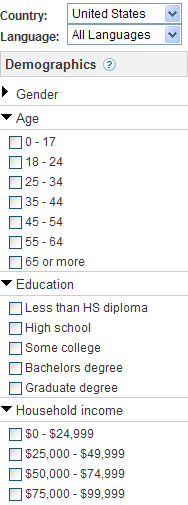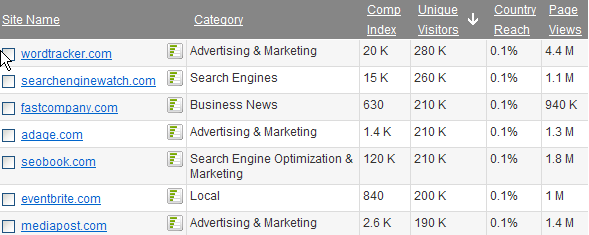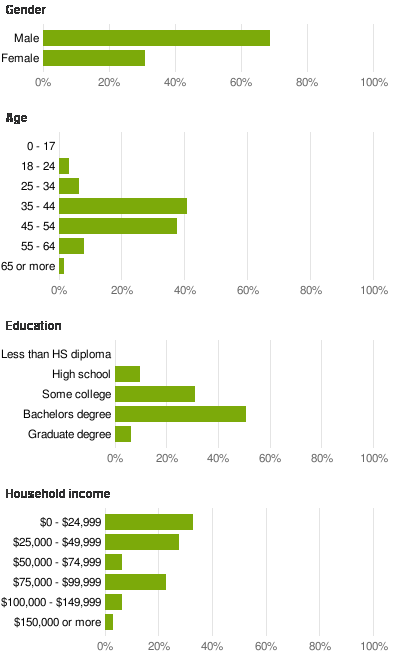The Google content has had multiple forms of content targeting available for years.
- Keyword Targeting: this uses contextual matching algorithms that align your ad exposure with keyword themes inside your ad group.
- Placement Targeting: formerly called site targeting, this allows you to target particular websites and subdomains.
We have generally been more of a fan of keyword targeting than content targeting because it does not require you to buy the backfill inventory and irrelevant inventory that you often buy when doing site targeting.
Today Google announced the launch of a third type of ad targeting – a hybrid of site targeting and keyword targeting blended together. Google’s blog post on the topic mentioned 2 ways advertisers can use this to refine their ad campaigns
- setting custom bids on specific sites: useful for sites that have good inventory, but have an intrinsic value much higher or lower than other sites in the Google Network
- creating hypertargeted ads: if much of your exposure on a site comes from content about a specific attribute you can create ads that are specifically targeted to people interested in that feature or attribute
Here are the two examples Google gave…
- Set custom bids for specific placements. Let’s say you’re selling laptops, and you’re using the content network to advertise on pages relevant to the keywords ‘laptops,’ ‘laptop computers,’ and ‘laptop accessories.’ After checking your Placement Performance report, you see that you’re getting sales at a great ROI from three technology review sites. You also see a few sites where you’re getting sales, but your costs are too high to advertise effectively on them.If you currently have a $1.00 bid for the content network as a whole in this ad group, you can now add the high- and low-performing sites as placements into your ad group with custom bids. For example, you might set a $2.00 Max CPC for the three high-performing sites, and a $0.50 Max CPC for the low-performing ones. Meanwhile, you’re still using the keywords in your ad group to target relevant pages across the content network, but now you’ve adjusting bids for the sites in the network that perform better or worse than average.
- Show your ad only when both keywords and placements match. Suppose you check your Placement Performance report again and see that your laptop ads are showing often on sites that discuss how to make laptops more energy efficient. You know that you sell some of the most energy efficient laptops available, and you’d like to write an ad that highlights the power-saving benefits of your products. But you don’t want to show this ad on pages whose readers aren’t as concerned about energy conservation.Now you can create an ad group containing the same ‘laptop’ keywords you’ve been using and add each of the energy efficiency sites as placements. Next, change your campaign settings so that your ads show only on the sites you’ve added, and only when their pages are relevant to your keywords. This gives you the freedom to write an ad highlighting the energy-saving benefits of your laptops to this unique audience, since you know that your ad will appear only on relevant pages on the placements you’ve selected.
In the next few weeks, I will try, test and collect data from this new hybrid platform. I guess this indicates how Google is trying to attract advertisers to its network. Search is synonymous to Google and that itself is a huge marketing accomplishment. However, us advertisers know that they want so much more.







